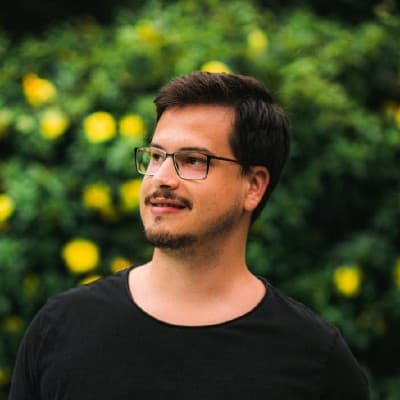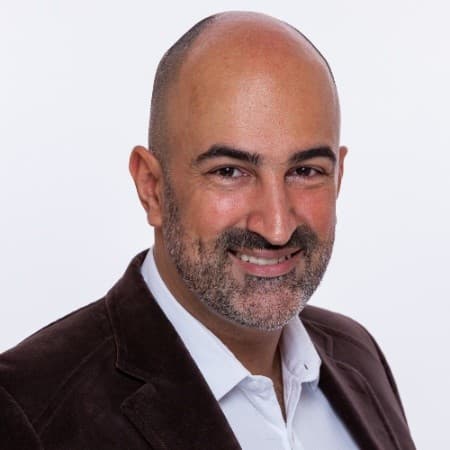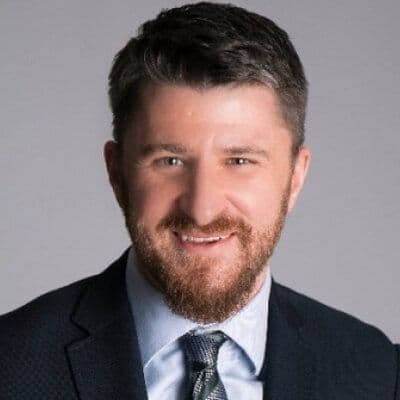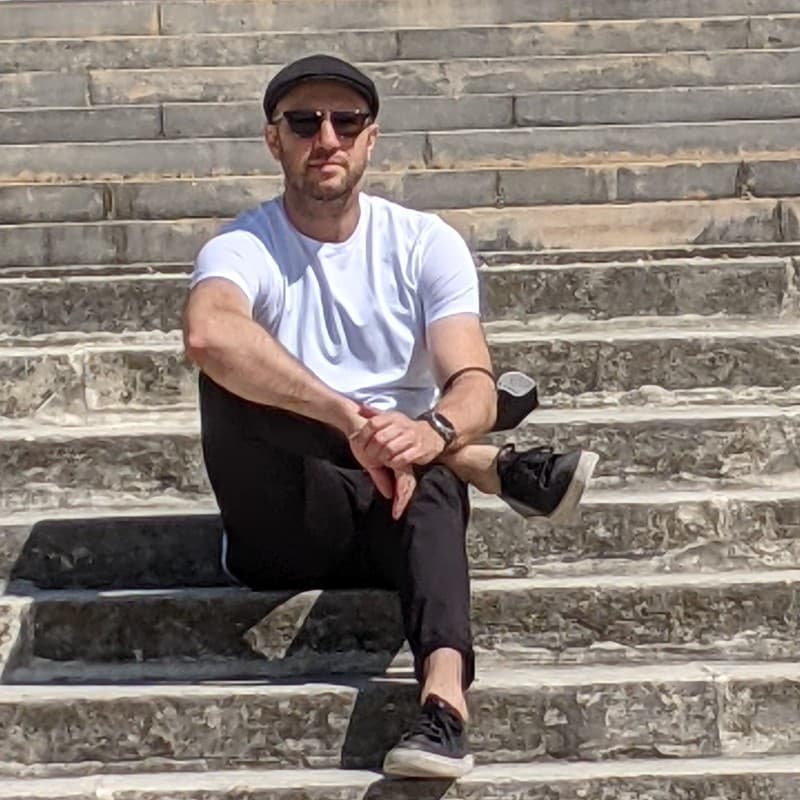/ EPISODE 63
On Implementing Successful OKRs and Proxy Metrics
GUESTS

Lucas Gauzzi
Head of Consulting Services at Sierra Studios
Listen on
Listen on
Google Podcasts
Listen on
Pocket Casts
Listen on
Spotify
Listen on
Apple Podcasts
Listen on
Stitcher
or use this URL in your favorite podcast app: https://feeds.transistor.fm/dreams-with-deadlines
Episode notes
OKRs. In this episode of Dream with Deadlines, host Jenny Herald sits down with Lucas Gauzzi — OKR Coach and Head of Consulting Services at Sierra Studios — as he shares the importance of strategic communication in building trust and generating momentum for organizations. Lucas shares that a structured and deliberate approach to change management is necessary for successful implementation of OKRs.
What you will learn
- The significance of trust in organizations and identifying four key behaviors to measure trust
- Using surveys and go-to-market metrics as proxy metrics to measure the success of OKRs and build trust between business development and product teams
- Using John Kotter's eight-step model to institutionalize change when implementing OKRs in his company, emphasizing the importance of having strong leadership and dedicated change agents to drive program effectiveness
Show notes
- [00:01:50] Lucas mentions the importance of trust in organizations and highlights four key behaviors that can measure it. He also shares his experience leading an OKR rollout in a multinational company motivated by misalignment and wasted team effort, which was successful due to creating a sense of urgency using the book "Measure What Matters."
- [00:05:00] Jenny and Lucas discussed proxy metrics and how they were used in tracking the success of OKRs. Lucas shared his experience in using surveys to understand if people were trusting the process, but eventually found that a good way to measure a trust relationship between BizDev and product was the go-to-market metric. This became the proxy metric that was used to see if all of these aspects of trust, communication, and client needs were being met.
- [00:06:54] Lucas Gauzzi discusses how he approached change management when implementing OKRs in his company.
- He talks about how his first attempt failed due to a lack of structure and trust-building, which led him to research change management models and use John Kotter's eight-step model.
- He then discusses how he formed a coalition of the willing, found innovators, celebrated wins, and created a rollout plan to institutionalize change.
- He also discusses the importance of having strong leadership and dedicated change agents, and how he and a peer from HR orchestrated the adoption of OKRs company-wide, with the support of sponsors and knowledge replicators.
- [00:18:26] Lucas Gauzzi discusses the specifics of his company's OKR program and cadence. He explains how they used OKRs to diversify and make changes that were necessary for the long run. Lucas also discusses how they brought different siloed teams together and created a new dynamic that contributed to achieving key results. Additionally, he mentions the challenges they faced and the emergent dynamics that helped change systemic behavior using OKRs as a tool.
- [00:22:32] Lucas discusses the success of the OKR program and how the leadership team's support was key in driving its effectiveness. He describes a pivotal moment when senior management presented the company's achievements in an open check-in meeting, showcasing the exponential results achieved through the program. This led to increased buy-in and a culture where people embraced change.
- [00:27:02] Quick-Fire Questions for Lucas:
- What’s your Dream with a Deadline? Lucas’ dream with a deadline is to change societies through entrepreneurs, as they believe that entrepreneurs are the key agents of innovation within cultures.
- What's your one piece of advice you'd give people out there who are trying to give OKRs a go? Pace yourself and make change enjoyable.
- How do you craft a good proxy metric? Starting with a measurable layer can lead to the development of effective proxy metrics over time.
- What is the book that really shaped the way you think? Thinking in Systems from Donella Meadows.
Relevant links
- Neuroscience of Trust, Harvard Business Review article by Paul Zak
- Measure What Matters by John Doerr
- Change Management Model by Kurt Lewin
- The 8-Step Process for Leading Change by John Kotter
- Finite and Infinite Games by James Carse
- The Infinite Game by Simon Sinek
- Thinking in Systems from Donella Meadows
About our guest:
Lucas Gauzzi is an experienced Enterprise Agile Coach with a background in complex systems management, data storytelling, agile methodologies, and OKRs. He also facilitated strategy planning and provided data analytics support. He has worked as an IT Product Manager, Agile Consultant, Developer Leader, and Software Developer.




